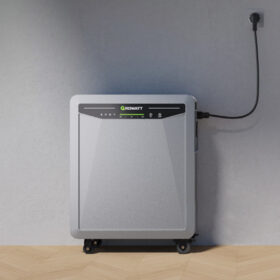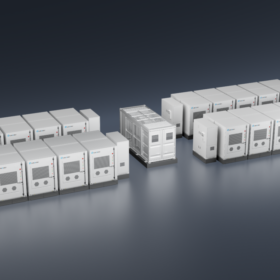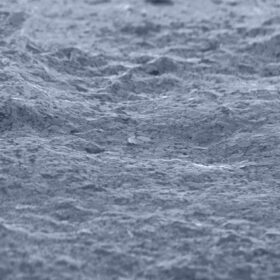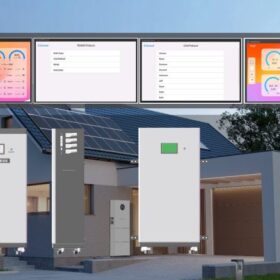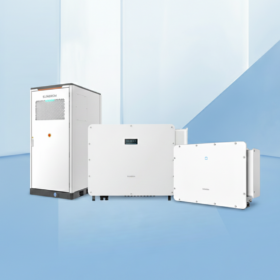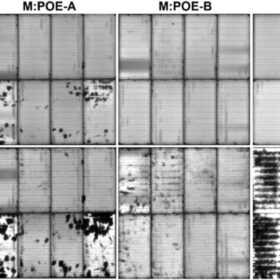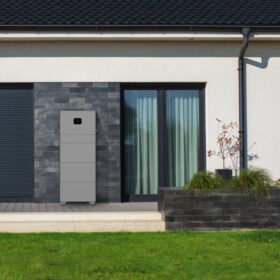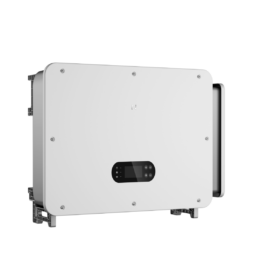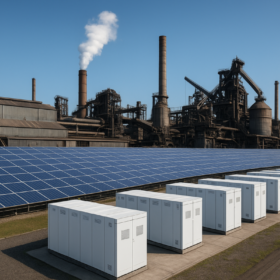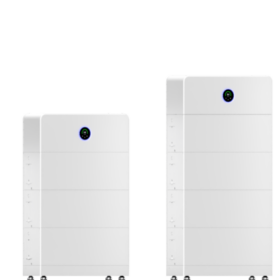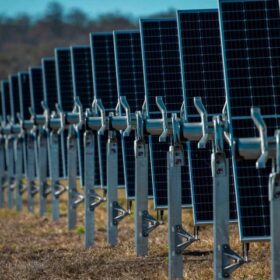Growatt launches 5 kWh AC-coupled battery storage system
The IP66-rated Aura 5000 energy storage system features bidirectional inverter functionality and an AC output of up to 2.5 kW.
Cubenergy releases energy storage block for utility, C&I applications
Cubenergy has launched FlexCombo 2.0, a scalable battery energy storage system for utility, commercial, and industrial applications, offering up to 16 MWh capacity with LFP batteries. Its modular design, advanced BMS, and cloud-based operations enable easy installation, seamless expansion, and efficient grid integration, according to the manufacturer.
‘Immediate transition to copper is technically and economically feasible’
With silver prices rising, more large solar manufacturers are expected to switch to copper for cell metallization. Radovan Kopecek of ISC Konstanz tells pv magazine that he expects the entire industry to follow. Ning Song of the University of New South Wales says a small efficiency tradeoff may be acceptable if the cost savings are significant and do not introduce new reliability risks.
EGbatt releases 15 kWh storage solution for residential use
The Chinese firm has unveiled its latest energy storage solution, the ENERpro-LFP48300, equipped with a 48V, 300 Ah lithium battery. The company boasts a lifespan of more than 9,500 cycles at a high 95% depth of discharge.
Sungrow releases new inverters, storage system for utility and C&I solar
Chinese manufacturer Sungrow has introduced a new utility string inverter, a three-phase hybrid inverter for commercial and industrial applications, and a liquid-cooled energy storage system.
Study shows some POE encapsulants pose threat to TOPCon solar modules
University of New South Wales researchers found that some POE encapsulants can trigger severe corrosion in TOPCon solar modules, causing up to 55% power loss under damp-heat conditions. Their study highlights that module reliability depends on the exact encapsulant formulation, not just the polymer type.
Ambrion launches new all-in-one storage solutions
The Australian firm has introduced single-phase 5 kW and 6 kW AC output storage systems, as well as three-phase 10 kW and 12 kW models. Storage capacities of the new products range from 5 kWh to 40 kWh.
GoodWe launches new hybrid inverters for C&I solar
The Chinese manufacturer has launched a new series of three-phase hybrid inverters ranging from 80 kW to 100 kW. The new products feature eight MPPTs with up to 42 A input current.
Study shows optimal solar-plus-storage sizing for heavy industry operation
Australian researchers developed a high-resolution energy modeling framework to assess how PV and batteries can supply 24/7 electricity to heavy industries, considering cost, grid interaction, and load flexibility. They found that while technology cost reductions help, smart grid integration and flexible industrial operations are far more effective in lowering electricity costs and enabling 100% renewable energy use.
GoodWe releases new residential all-in-one storage solution
The Chinese company says that its new ESA series is available with a hybrid inverter ranging from 3 kW to 10 kW and storage capacities of 5 kWh to 48 kWh. The IP66-rated product supports an MPPT current of up to 20 A on the PV side and allows 200% PV oversizing, according to the manufacturer.
